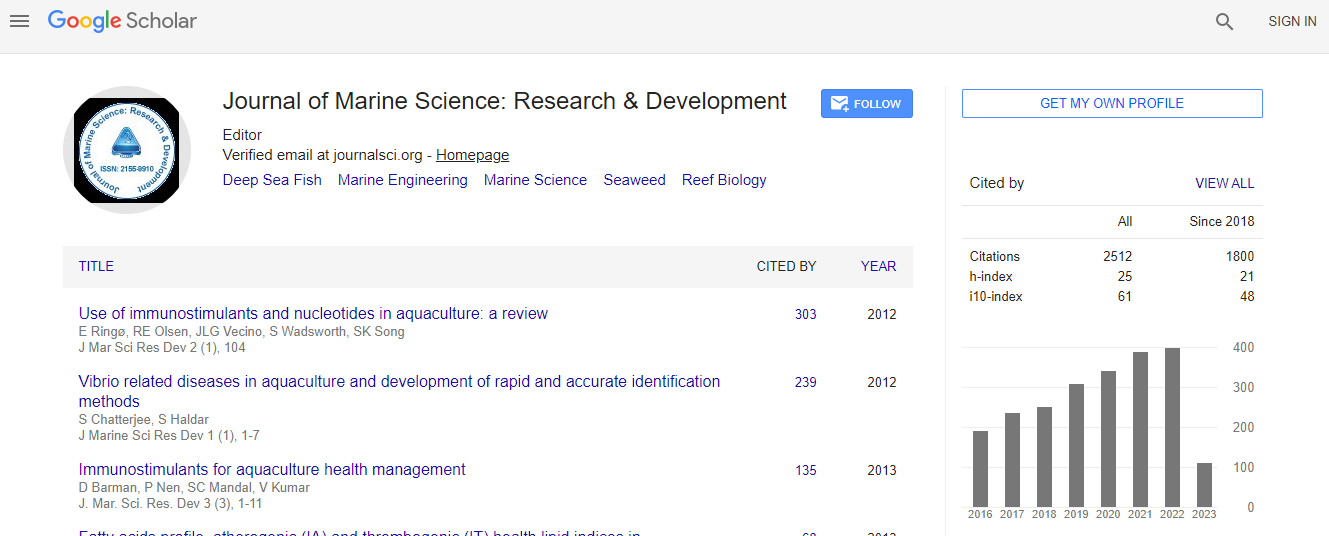Our Group organises 3000+ Global Conferenceseries Events every year across USA, Europe & Asia with support from 1000 more scientific Societies and Publishes 700+ Open Access Journals which contains over 50000 eminent personalities, reputed scientists as editorial board members.
Open Access Journals gaining more Readers and Citations
700 Journals and 15,000,000 Readers Each Journal is getting 25,000+ Readers
Google Scholar citation report
Citations : 3189
Indexed In
- CAS Source Index (CASSI)
- Index Copernicus
- Google Scholar
- Sherpa Romeo
- Open J Gate
- Genamics JournalSeek
- Academic Keys
- ResearchBible
- Ulrich's Periodicals Directory
- Electronic Journals Library
- RefSeek
- Directory of Research Journal Indexing (DRJI)
- Hamdard University
- EBSCO A-Z
- OCLC- WorldCat
- Scholarsteer
- SWB online catalog
- Virtual Library of Biology (vifabio)
- Publons
Useful Links
Recommended Journals
Related Subjects
Share This Page
Design and implementation of an energy harvesting system using MFC with marine sediments for underwater applications
4th International Conference on Oceanography & Marine Biology
S Sakthivel Murugan
S S N College of Engineering, India
Posters & Accepted Abstracts: J Marine Sci Res Dev
Abstract
Underwater acoustic communication in shallow/deep water is a new developing area of research. Various systems used for underwater applications such as disaster warning tsunami buoy systems, underwater sensor networks, underwater seismic observing systems, Autonomous Underwater Vehicle for natural mineral extractions, manned submersible vehicles (under research on implementation), acoustic signal processing submersibles used for defense purposes, etc., requires major power for operation. In general batteries are used to power the systems. In this paper an energy harvesting system for low power devices are proposed. This harvesting system uses marine sediments (available in shallow/deep water) Microbial Fuel Cell as a source for power generation. The system consists of marine sediment Microbial Fuel Cell (MFC) and a power management system. The voltage developed by the MFC is less than 0.7 V. So, a power management system is used between the MFC and the load to power the electronic devices in ocean water. The voltage stored in a super capacitor is transferred to the Interleaved Boost Converter which boosts the voltage of 1.4 V to 6.8 V which is the requirement of the load. Thus the design of a new underwater energy harvesting system provides relentless and justifiable power supply for remote underwater sensing, surveillance devices including data collections. Simulation results of energy harvesting system are carried out using Linear Technology (LT) spice.Biography
S Sakthivel Murugan is an Associate Professor in the Department of Electronics and Communication Engineering at SSN College of Engineering, Chennai India since 2001. His area of research is underwater acoustic signal processing and underwater wireless sensor network. He has developed an underwater acoustic research lab and has published his work extensively in more than 13 reputed high index journals and 33 international and national conferences. He is a life Member of the Ocean Society of India.
Email: sakthivels@ssn.edu.in

 Spanish
Spanish  Chinese
Chinese  Russian
Russian  German
German  French
French  Japanese
Japanese  Portuguese
Portuguese  Hindi
Hindi 